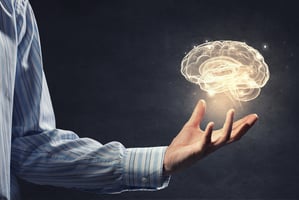What are the Effects of Stroke?
FAST: Symptoms of Stroke; Know the Fast Test... Get the Right Help
How to identify if someone is having a stroke, and what you can do about it
A stroke is a medical emergency, and you must act FAST if you suspect someone is having a stroke. This test will help you recognise the most common symptoms:
F - Face. Part of the person's face starts to droop, making it difficult for them to smile.
A - Arms. The person is unable to fully lift their arms.
S - Speech. The person has difficulties with speech, which becomes slurred.
T - Time. It is time to call 999. A person displaying these symptoms must immediately be taken to an emergency department for treatment.
Other Signs and Symptoms of Stroke
Although these are the most common symptoms of stroke, not every stroke presents like this and there are some other signs to look out for; it is important not to miss a less ‘classic’ presentation.
Vision is particularly important – it is common for visual changes to occur if someone is having a stroke. This can include blurred vision as well as loss of sight in one or both eyes; the latter may only be loss of part of the visual field.
It is also important to look out for the following:
- Sudden weakness or numbness on one side of the body, including legs, hands or feet.
- Difficulty finding words or speaking in clear sentences. Or not being able to speak at all.
- Sudden memory loss or confusion, and dizziness or a sudden fall.
- A sudden, severe headache.
Time is critical!
The reason it is important to recognise stroke quickly and seek urgent medical attention is because, if stroke is caught early enough, there are medical interventions that can limit damage to the brain and improve the chances of survival and recovery.
Please see our other blogs for more information on stroke:
https://www.strokeandneurotherapy.co.uk/stroke-and-neuro-therapy
Stroke and Neuro Therapy
Please visit our website for information on how we might be able to help if you or a loved one are recovering from stroke:





